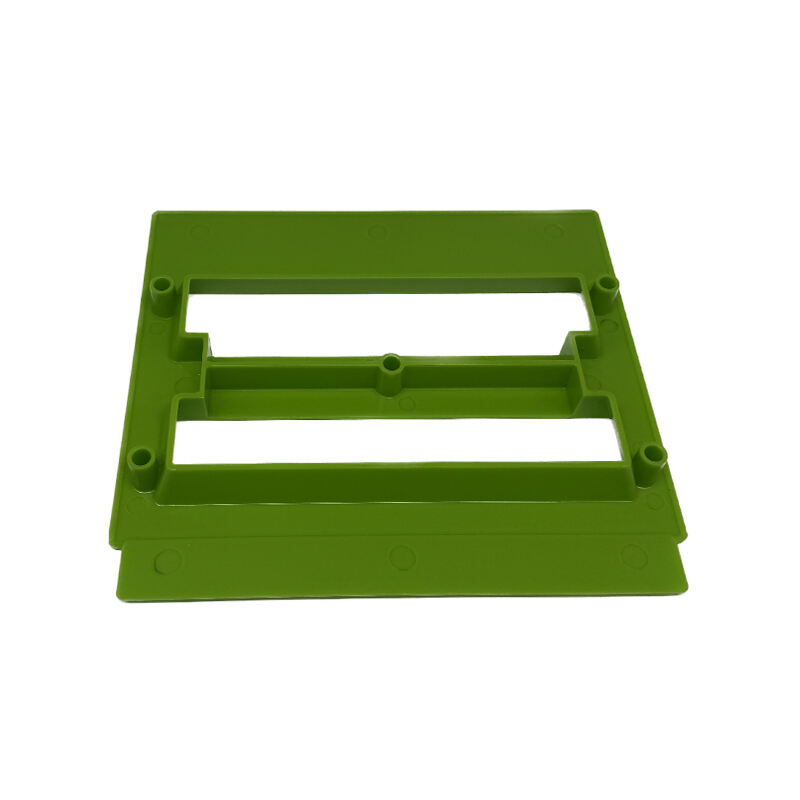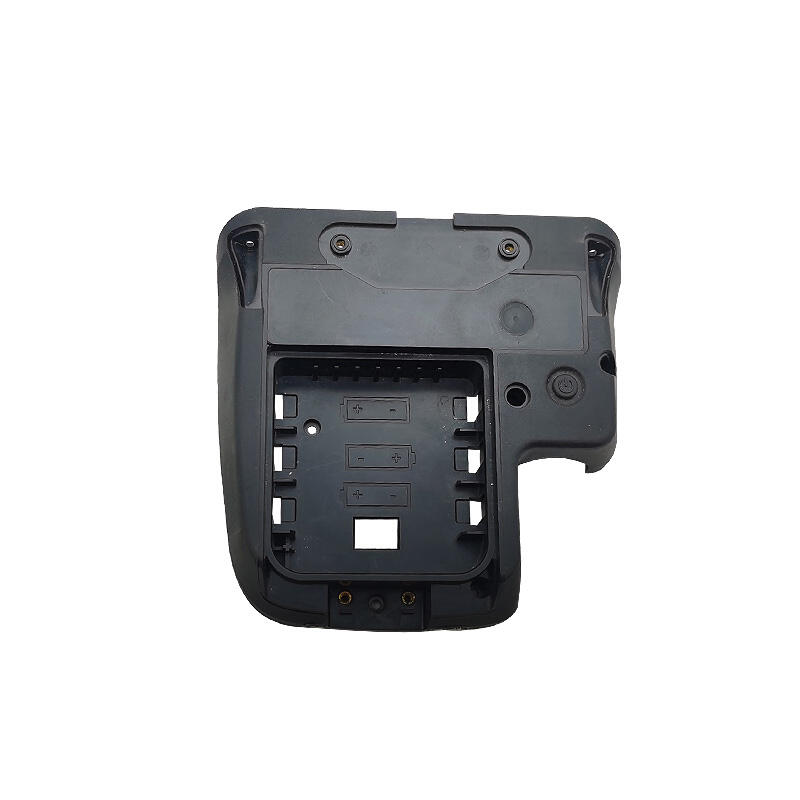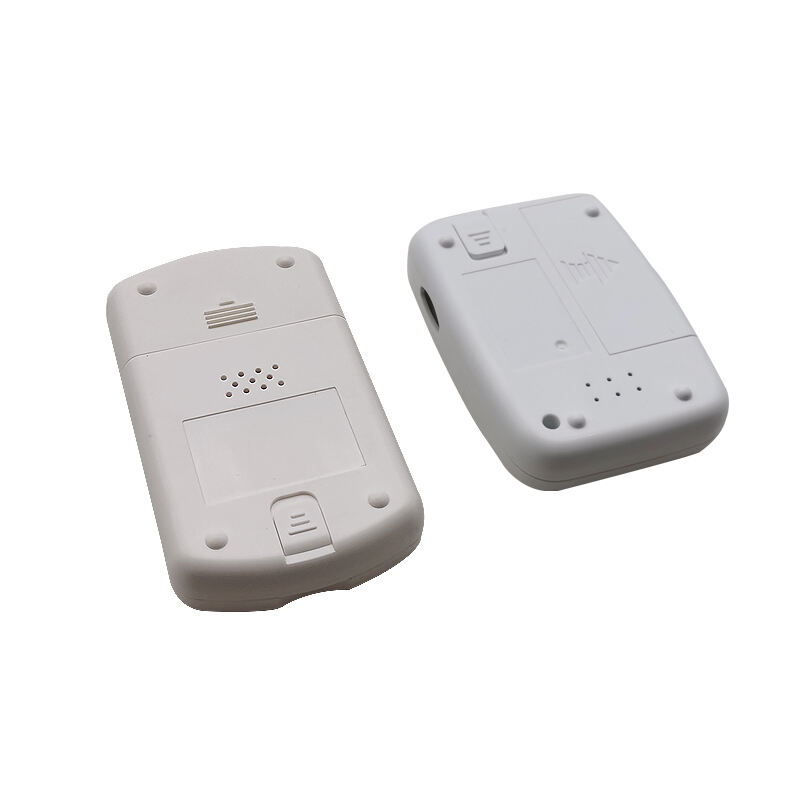injection plastic parts
Injection plastic parts represent a cornerstone of modern manufacturing, offering a versatile and efficient solution for producing complex components across various industries. This manufacturing process involves injecting molten plastic material into precisely engineered molds under high pressure, creating consistent, high-quality parts with exceptional dimensional accuracy. The technology enables the production of components ranging from microscopic medical devices to large automotive parts, all while maintaining tight tolerances and superior surface finishes. The process excels in producing both simple and intricate geometries, allowing for the integration of multiple features such as snap-fits, threads, and living hinges in a single component. Modern injection molding machines utilize advanced control systems that monitor and adjust parameters like temperature, pressure, and cooling time to ensure optimal part quality. The versatility of this manufacturing method extends to material selection, accommodating a wide range of thermoplastics and engineering polymers, each offering specific mechanical, thermal, and chemical properties to meet diverse application requirements.


